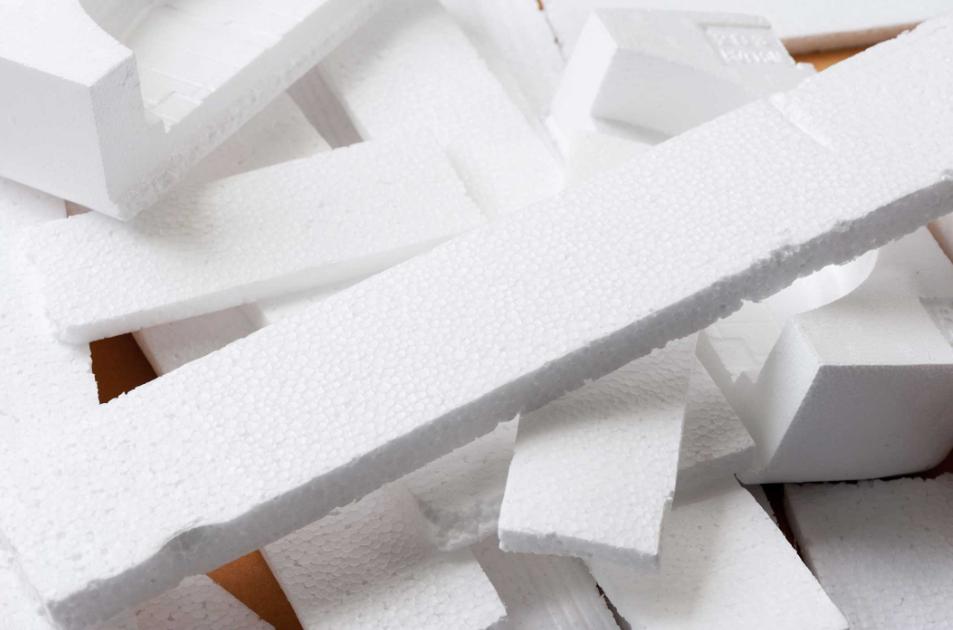Expanded polystyrene (EPS) is a ubiquitous material used in various industries, from packaging to construction. Despite its many benefits, EPS poses significant environmental challenges due to its non-biodegradable nature. Expanded polystyrene recycling is, therefore, essential to mitigate its environmental impact and promote sustainability.
Understanding Expanded Polystyrene
Expanded polystyrene is a lightweight, rigid, and versatile foam plastic. It is commonly used for its excellent insulating properties and protective qualities. You’ll find it in products like coffee cups, packaging peanuts, and building insulation. While its utility is undeniable, EPS’s durability means it doesn’t break down easily, leading to long-term environmental problems.
Environmental Impact
The environmental impact of EPS is profound. When discarded, it occupies substantial space in landfills and can take hundreds of years to decompose. Moreover, EPS can break into small particles, causing litter and posing risks to wildlife that may ingest it. The accumulation of EPS in natural environments underscores the urgent need for effective recycling solutions.
Benefits of Recycling EPS
Recycling EPS has numerous benefits. It reduces the volume of waste in landfills, conserves natural resources, and decreases pollution. Additionally, recycled EPS can be repurposed into various products, such as picture frames, coat hangers, and new packaging materials. This closed-loop recycling process not only supports environmental sustainability but also promotes economic growth by creating new markets and job opportunities.
Finding Recycling Solutions
One common challenge is locating suitable recycling facilities. Searching for expanded polystyrene recycling near me can help individuals and businesses find local centres that accept EPS. Many communities and organisations are increasing their recycling capabilities, making it easier to divert EPS from landfills.
The Recycling Process
The process of recycling EPS involves several steps. First, the material is collected and sorted to remove contaminants. Next, it is compacted to reduce its volume. The compacted EPS is then shredded into small pieces and melted. Finally, it is extruded into pellets that can be used to manufacture new products. This process not only reduces waste but also conserves the energy and resources required to produce virgin polystyrene.
Promoting Awareness and Participation
Public awareness and participation are crucial for the success of EPS recycling programmes. Educating consumers and businesses about the importance of recycling EPS can lead to increased recycling rates. Encouraging responsible disposal practices and supporting local recycling initiatives can make a significant difference.
In conclusion, expanded polystyrene recycling is vital for addressing the environmental challenges posed by this material. By understanding its impact, supporting recycling efforts, and promoting awareness, we can contribute to a more sustainable future. Embracing EPS recycling is a critical step towards reducing waste and protecting our planet for future generations.


